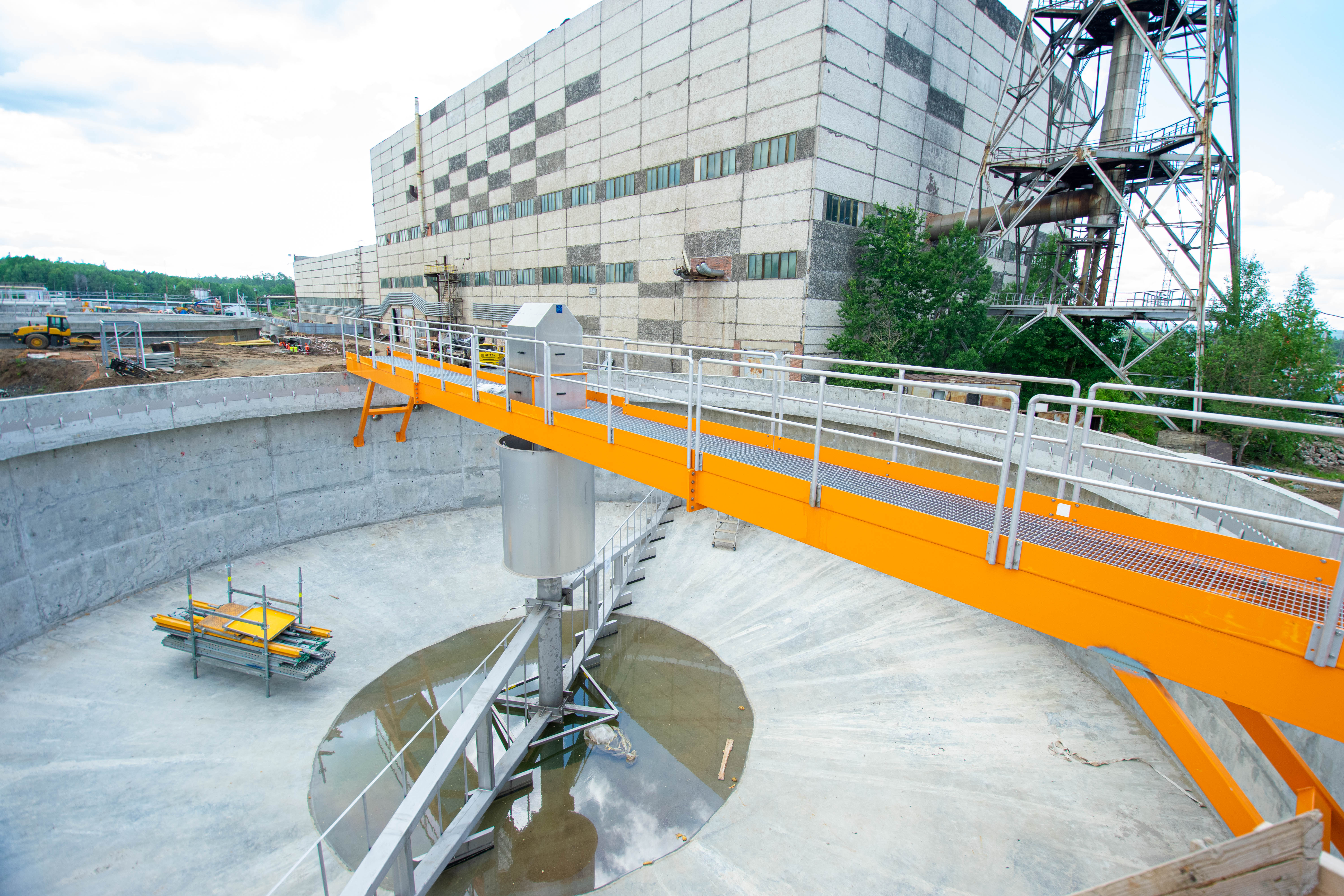August 9, 2022
(press release)
–
Ilim Group is finalizing the construction of the largest KLB Mill in Ust-Ilimsk. It is the first mill in the Russian pulp and paper industry to use a two-stage biological wastewater treatment system. The Ust-Ilimsk Mill will be the largest kraftliner production site in Russia with the output of 600 thousand tons of finished products per year, which will allow Ilim to reach the annual total of 4.6 million tons of finished products by 2025 and become one of the world’s leading manufacturers of unbleached packaging materials. State-of-the-art equipment and wastewater treatment system unique for Russia will be installed at the plant. In August, Ilim Group will start the first hydraulic tests of the wastewater treatment system being the key environmental facility of the new Mill. The KLB Mill will use a two-stage biological wastewater treatment technology intended to significantly reduce the production discharges into the Angara River. Wastewater from the Company’s production sites will undergo three treatment stages: mechanical, biological, and physico-chemical. It is the first time that this technological solution has been used at a Russian pulp and paper mill. "The new wastewater treatment plant of the KLB Mill is constructed to comply with the latest international standards. Some of the plant performance indicators will be even higher than those stipulated by the Russian environmental standards," commented Aleksandr Pozdniakov, Senior Vice-President, Chief Operations Officer, JSC Ilim Group. Another important environmental aspect at the new KLB Mill is the operation of the recycling water supply plant with a cooling tower. It was constructed to reduce water consumption and water discharge at the mill. The new water treatment facility will serve the KLB Mill and partially Ilim Group's existing mill in Ust-Ilimsk. Due to the best available cutting edge technologies, the design maximum capacity of the new wastewater treatment facilities is 3.5 thousand cubic meters per hour. REFERENCE INFORMATION For the Russian pulp and paper industry, this is the first-time application of the world’s best technological solutions in the construction of new wastewater treatment facilities. These include a single unit of two-stage biological wastewater treatment: MBBR radial bioreactor integrated into the radial aeration tank as a "two-in-one" type (bioreactor represents the core of the aeration tank). The use of MBBR technology in aeration tanks will increase the oxidizing power of the biological treatment stage and ensure consistent operations and reliability of the treatment facilities. 
* All content is copyrighted by Industry Intelligence, or the original respective author or source. You may not recirculate, redistrubte or publish the analysis and presentation included in the service without Industry Intelligence's prior written consent. Please review our terms of use.




